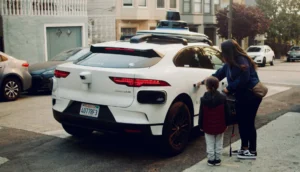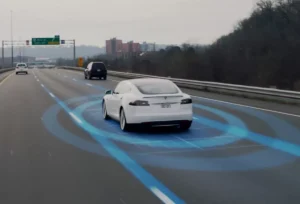The Chief Executive of Volkswagen, Herbert Diess has said he expects autonomous vehicles to be ready for market between 2025 and 2030.
In an interview with the German weekly Wirtschaftswoche, Mr Diess said the improving performance of technology in self-driving cars and AI is speeding up the process.
“It is foreseeable that the systems will soon be able to master even the complex situations of autonomous driving,” he said.
Elon Musk, Tesla’s CEO, has also said one such vehicle is ‘not far off.’ In July he said that there are ‘no fundamental challenges remaining,’ only ‘small problems,’ reports Reuters.
Tests of the viability of bringing self-driving cars to roads are already underway in the UK. In October, trials started with six cars, as part of the government-backed research scheme Project Endeavour.
They have been described as a ‘landmark’ moment by Oxbotica, an Oxford-based company pioneering self-driving technology in the UK.
Germany’s Ministry of Transport has also moved to draft legislation that would allow driverless vehicles to operate on the streets, not just in special test areas, as is currently the case.
In a draft document seen by Reuters news agency in October, the transport ministry wrote that ‘initially, driverless vehicles should be able to be deployed in defined operating zones,’ which would give municipalities completely new opportunities for public transport.
Creating binding legal regulations around autonomous driving, which currently don’t really exist, is the next big step. One aspect would be what technical specifications the autonomous vehicles need to adhere to, as well as rules on where they can operate.
Overall, however, the transport ministry believes that driverless cars will be safer on the roads than those driven by people, noting that ‘the vast majority of all traffic accidents in Germany are based on human error,’ said Reuters.
Pic-Oxbotica
























